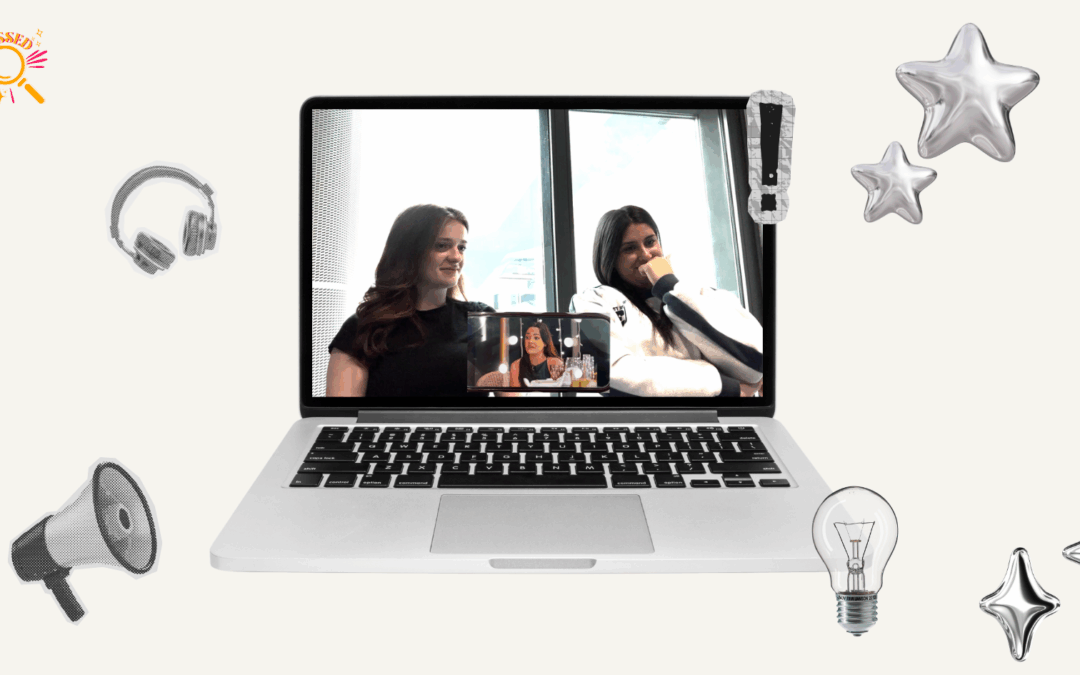It’s a question I’m sure we’ve all asked, why sign up for a show like Love Island when you have seen the real life consequences of that kind of fame? We got a psychologist to break it down.
‘Be kind’ has become a kind of mantra for the cast, crew and fans of Love Island following the devastating suicides of ex- islanders, Sophie Gradon, Mike Thalassitis and the show’s host of five seasons Caroline Flack. Their deaths raised serious concerns about the mental health of contestants, and even led to some calling for the show to be cancelled.
With this in mind, it seems bizarre that the same show which skyrocketed these individuals into fame still gets hundreds and thousands of applications every single year.
And whilst it would be impossible to say that it was the show that led to the tragic outcome for Sophie, Mike and Caroline, it’s no secret that the trolling, intrusion and paparazzi can be intense on a good day and devastating on its worst.
To help us understand why interest in appearing on the show continues to grow every year, we spoke to Psychologist Sarah Shaw, who works as a therapist in the NHS mental health services.
“There’s a mix of personal, social, and even strategic reasons someone could apply for Love Island, with money being a massive one- did they go in to find love or a BooHoo deal is a question we all have considered at one time or another.
“Or it could be because they see it as a fast track to Fame & Influence – It’s a HUGE platform. And on the surface it looks pretty easy. Many contestants walk away with thousands (sometimes millions) of followers and brand deals. For people who want to become influencers or celebrities, it’s often a seemingly quick path.”
Sarah explains that another huge motivation (and understandably so), is money.
“Most people presume- rightly or wrongly, that their life would be easier if they had more money. There’s the cash prize at the end, but even more valuable is the potential income after the show through sponsorships, appearances, and collaborations.
“Then you have the insane career opps, beyond influencing, being on the show can open doors – modelling, media, fashion, or entertainment, especially for those who know how to work their personal brand.”
Sarah emphasises that there are also a few more wholesome motivations beyond fame and fortune, and these upsides can sometimes outweigh the risk of trolling or extreme criticism- especially when you are looking at it as an outsider.
“Some are in it for clout, others genuinely want to find love or experience something exciting and out of the ordinary. As viewers we may question this, because the longevity of the relationships post Love Island are mostly always limited. However as people we can let our dreams and fantasies run away with us, and start to believe that our experience will definitely be different, which could explain why some contestants are adamant that love is what they are looking for.” Sarah tells us.
“Also, it sounds pretty fun on paper. A free summer in a luxury villa, surrounded by attractive people, with no work or real-life stress, and a fully stocked makeup station? For some, that’s just fun and a break from reality.”
However, Sarah says she suspects the primary reason most people audition for the show is slightly more sinister.
“Validation is the big one for me. Being chosen to go on the show can be a huge boost to someone’s self-esteem, it’s like physical confirmation that they’re attractive, interesting, or desirable enough to be on TV. Which for anyone struggling with their confidence is an instant boost.
“However, with validation comes criticism, contestants cannot truly prepare themselves for social media hate, cyberbullying and troll abuse. It’s an entirely unnatural situation to be put in, therefore our usual coping strategies go completely out the window.
“Likewise, often people have to battle with the realisation that they are not going to become the star they’d hoped they would be. That one can be really crushing, but it’s hard to imagine or prepare for that feeling if you aren’t living it.”
Sarah tells us that the wider links between appearing on a reality show and mental health are under researched, but points out that we’ve seen first- hand the tragic outcomes for two contestants who’ve died by suicide.
“It’s impossible to really know why someone who has all the information would go on the show, besides the fact that as humans we must all live with the ‘but it won’t be me’ mindset, because that’s how we survive and get by. If we thought the worst at all times we would never leave the house.
“We can’t say Love Island is the cause of cultural problems, but I’d say it aids them by normalising and amplifying them on a large scale. The impact of the messaging in the show depends on who’s watching, how critically they engage with it, and what other messages they’re getting about love, gender, and self-worth in their lives. However you engage with this will impact if you see going on this show as a fun adventure or your absolute worst nightmare.”
For more Love Island content, check out episode 1 of the Unglossed podcast.











